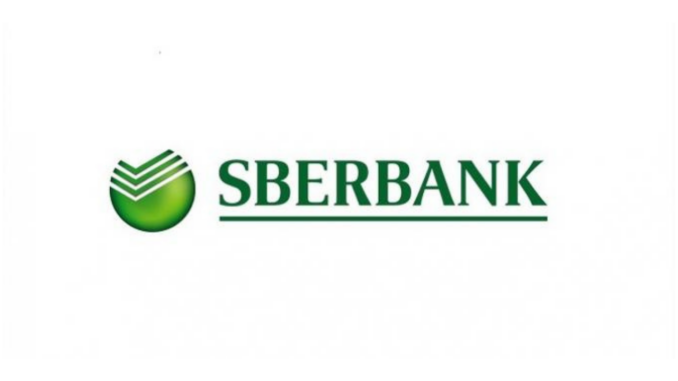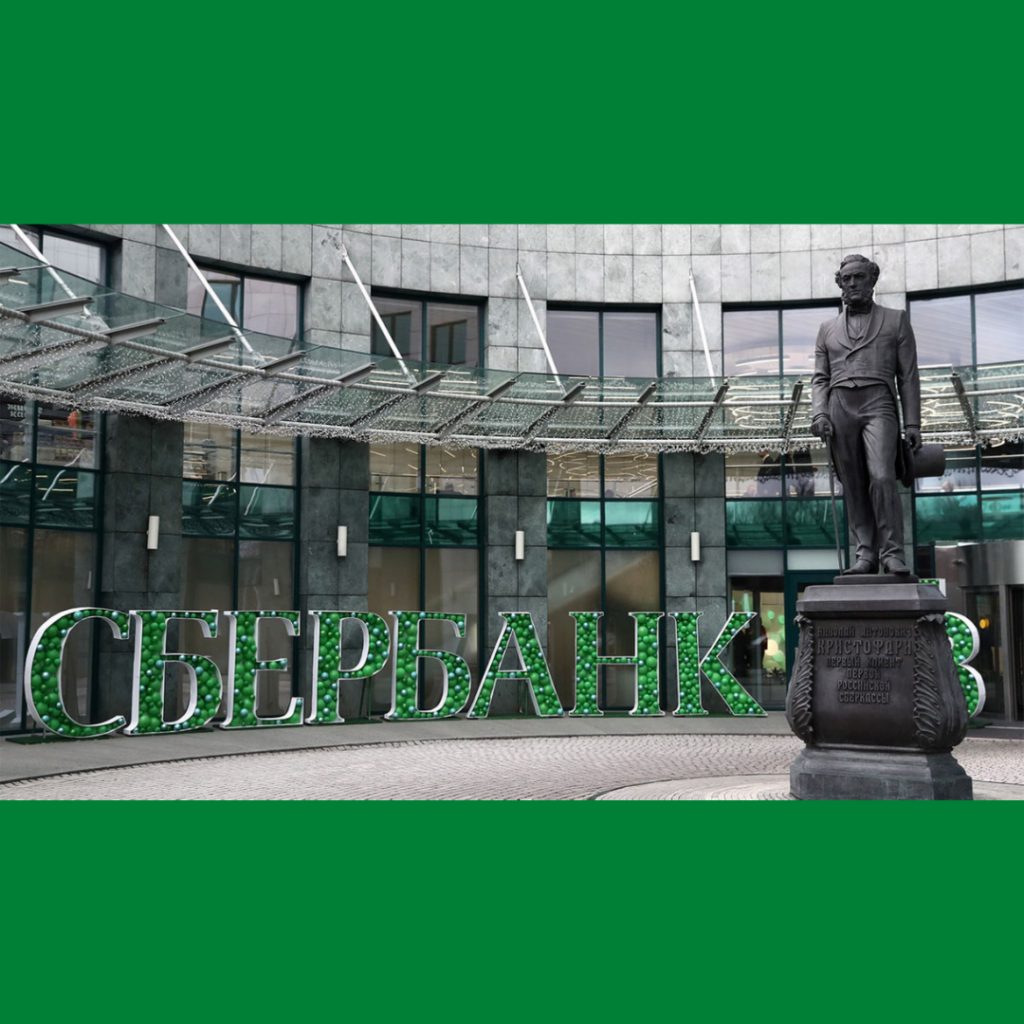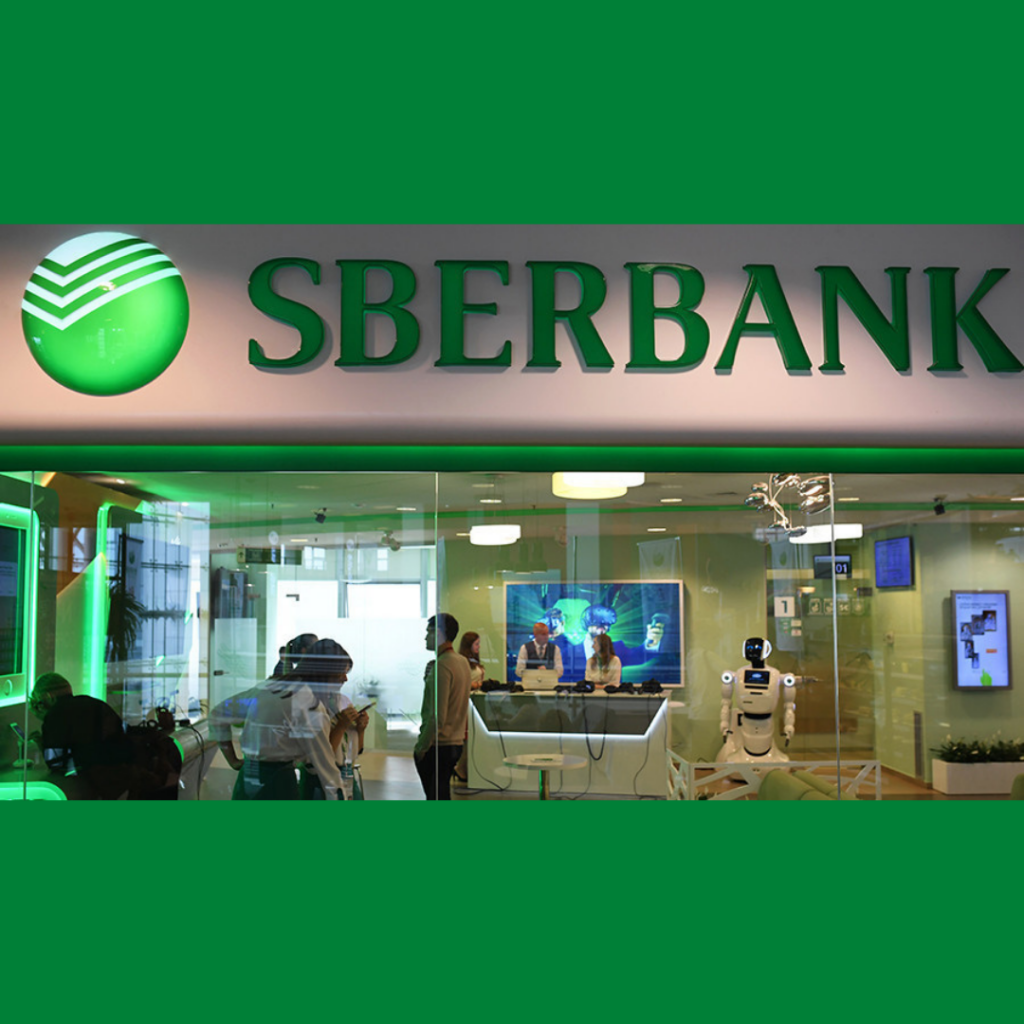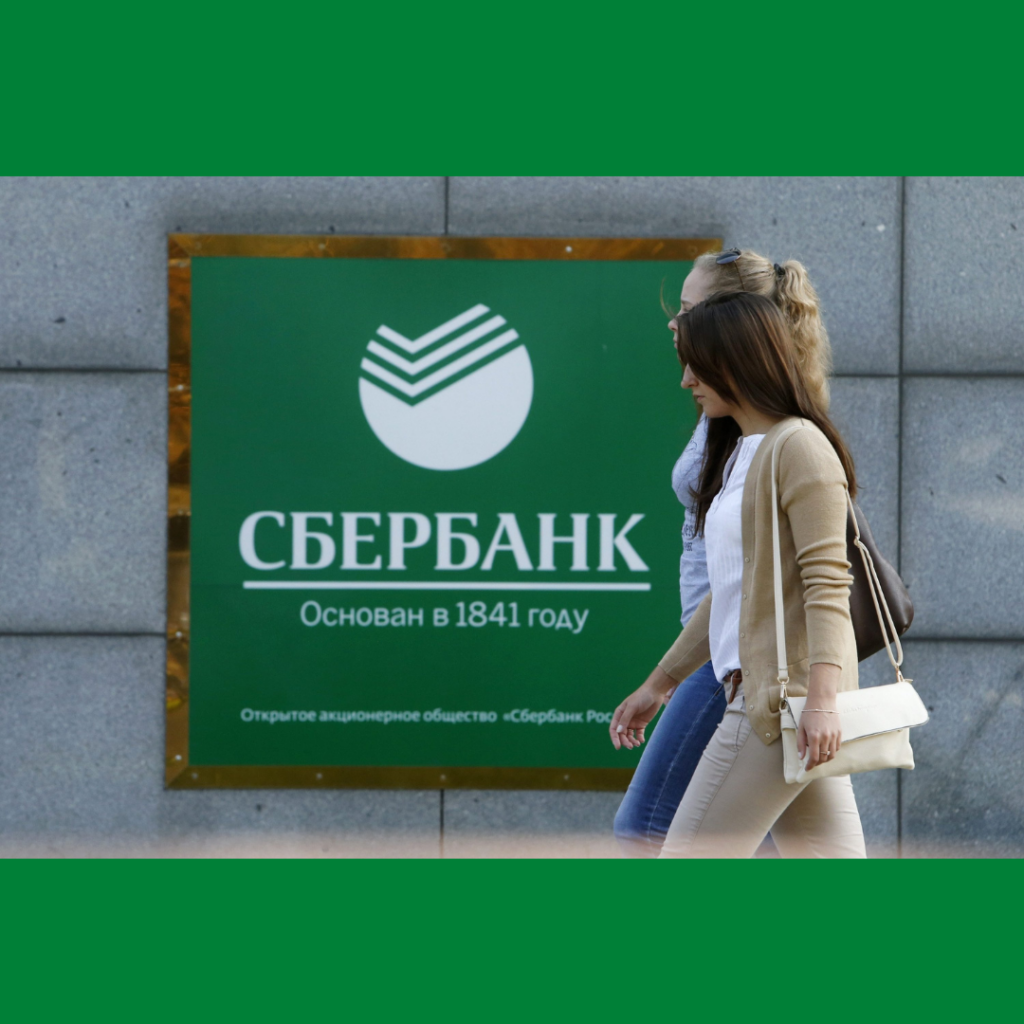
PJSC Sberbank (Russian: Сбербанк, initially a contraction of “сберегательный банк” – sberegatelnyy bank; English: “savings bank“) is a state-owned Russian banking and financial services company headquartered in Moscow. The company was known as “Sberbank of Russia” until 2015. Sberbank has operations in several European and post-Soviet countries. As of 2014 it was the largest bank in Russia and Eastern Europe, and the third largest in Europe, ranked 33rd in the world and first in central and Eastern Europe in The Banker‘s Top 1000 World Banks ranking.[6]

Sberbank’s history goes back to Cancrin‘s financial reform of 1841,[7] when a network of the first state-owned savings banks was created in Russia. By the end of the 19th century, the network reached almost 4 thousand outlets with over 2 million depositors.[8]
Since 1905, savings bank outlets became authorised to sell insurance. After 1910, savings banks started subsidising credit cooperation institutions and extending loans to small lenders. In 1915, savings bank outlets started accepting government securities for depositing.[9]

After the October Revolution of 1917, the state savings banks system continued its activity and growth under the management of the Finance Ministry of the USSR as the State Labour Savings Banks System. From 1926, the saving bank outlets were used to pay wages to blue- and white-collar workers. The savings banks were used to distribute state lottery tickets and for the placement of state bonds with the population. The savings banks introduced wider services such as money transfers.[10]

By late 1980s, the Soviet savings bank system had almost 80 thousand branches. As part of Perestroika reforms, in 1987 the savings bank outlets are reorganised into the Savings Bank of the USSR. Within the Savings bank of the USSR,[11] separate savings banks were created in the Soviet Republics. Following the dissolution of the USSR, the former republican savings banks became state savings banks of the newly independent post-Soviet states.

In 1991, the Savings bank of the RSFSR has been reorganised into the Joint-Stock Commercial Savings Bank of the Russian Federation (Sberbank of Russia).
In post-Soviet Russia, Sberbank is the largest universal bank despite growing competition from private and other state-owned commercial banks. The bank has gradually expanded its international presence.[12]

Since 2007, Sberbank is led by former economy minister Herman Gref.[13]
The majority shareholder of Sberbank is the Central Bank of the Russian Federation, owning 50%+1 voting share of Sberbank’s voting shares. The rest of the shares are dispersed among portfolio, private and other investors with an estimated shareholding of over 43% held by foreigners.[44]
Russia’s central bank cannot sell its stake without a change in Russia’s laws.[45][46]


Source: https://en.wikipedia.org/wiki/Sberbank_of_Russia
Source: https://sberbank-cib.com/eng/about/Careers/index.wbp.html
